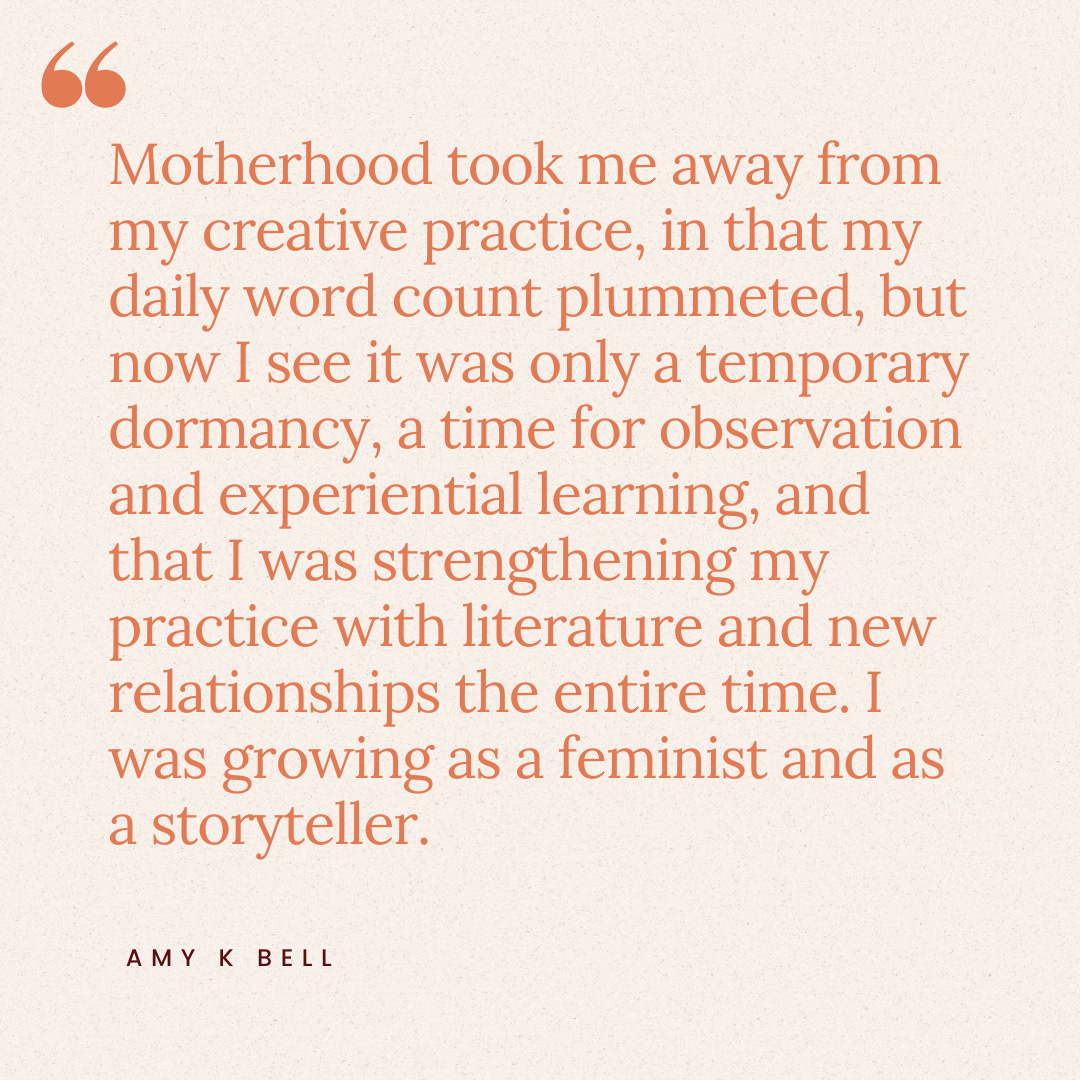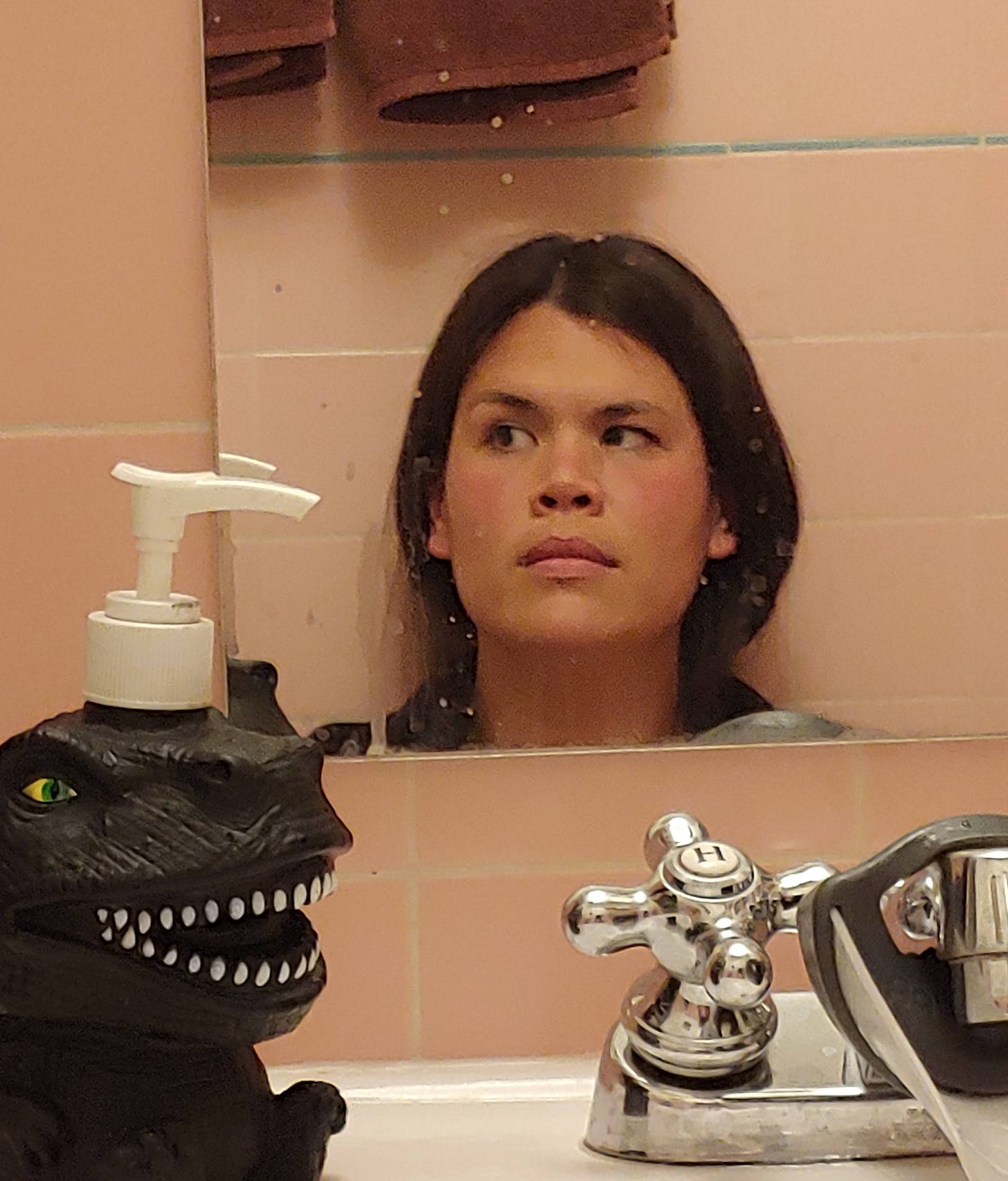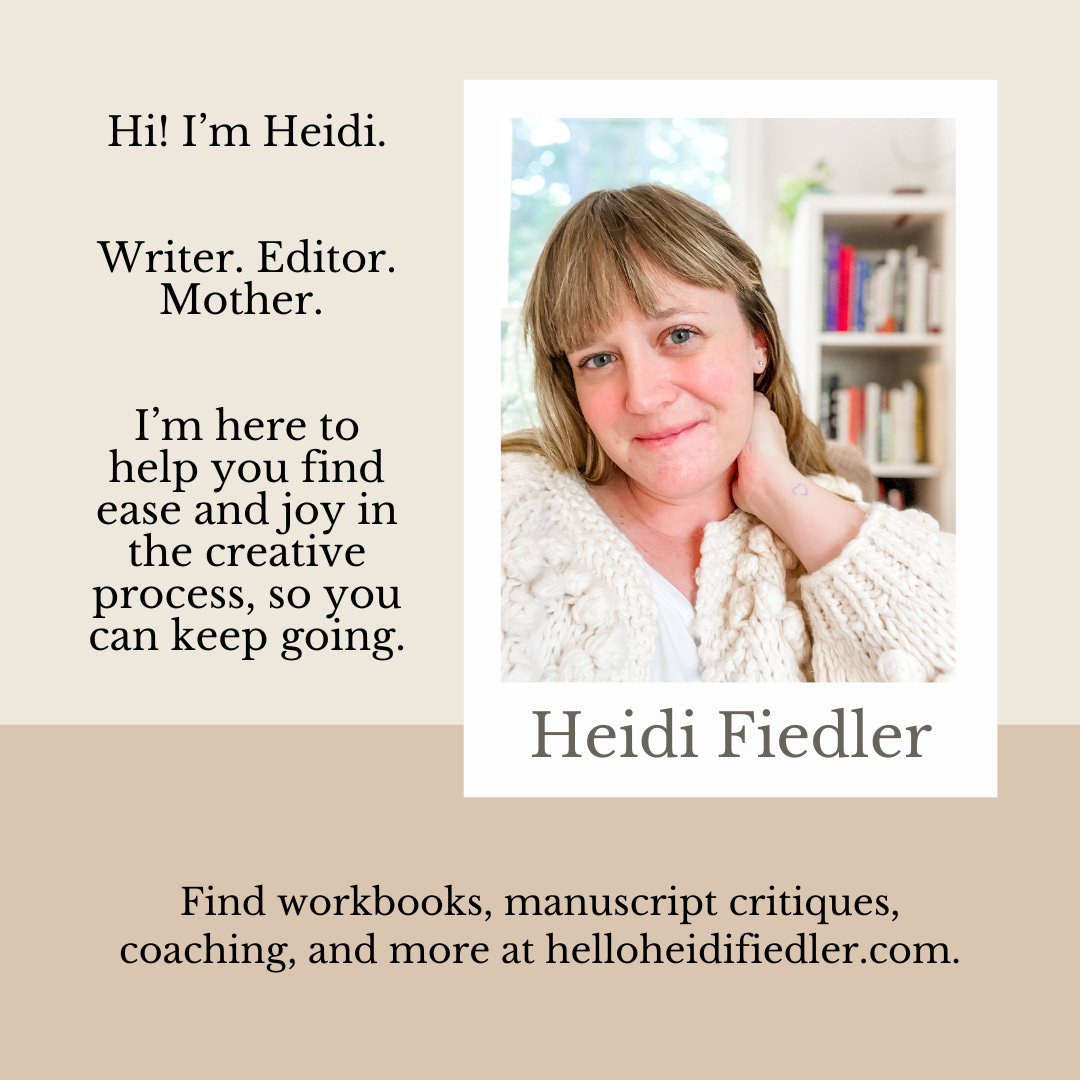How did motherhood change your creative practice?
Motherhood radicalized me politically. It encouraged me to ask more questions about how society works. I remember sitting at home with my first baby and thinking, why the hell do we live in these single-family homes? Where are the secular communal spaces? The postpartum period lifted a veil from my eyes, and I saw into systems I had previously ignored as irrelevant to my young womanhood. I see now that this was a privileged ignorance. The issues that affect caregivers’ ability to raise their children--food insecurity, housing instability, patchwork childcare, divestment from public schools, lack of access to healthcare--affect all of society, of course, and profoundly. One cannot claim a social morality without some understanding paid to the foundational importance of the wellbeing of children. I became interested in change and creativity at the child’s level. I started taking childhood development courses at Merritt College, and I became a preschool teacher. So I guess motherhood took me away from my creative practice, in that my daily word count plummeted, but now I see it was only a temporary dormancy, a time for observation and experiential learning, and that I was strengthening my practice with literature and new relationships the entire time. I was growing as a feminist and as a storyteller.
How does art enrich your life? How does being a mother enrich your art?
I love the question of mothering enriching art and vice versa. It is a perennial question, because young creatives keep stepping into parenting, and they each bring with them their unique joy and heartache and wonder for the process. For me, motherhood and art and healing are now completely intertwined. Each brings skills to the table, skills that I use, when I am awake enough, to uplift myself, my circles of family and friends, and the people I meet in the world. I think we need more for parent artists, and more patronage support certainly, to encourage action and dismantle imposter syndrome. I know I am not the only one to be grateful when a writer describes some caregiving experience I recognize intuitively but had never heard named before, or pushes back against some racist/gender binary/classist/nonsensical advice or tradition handed down through generations. There is so much that needs to be named and undone, and it really starts with children and their experience of the world. Artists are in the unique position to make revolution attractive, to reference Black author, filmmaker, and social activist Toni Cade Bambara. In my latest novel, and in a lot of my other work too, I write about grief and its expression in our lives. I learned to address my grief and fear from my experiences taking care of my children, day in and day out.
I had terrible postpartum anxiety after my second child was born. Parenting can be truly terrifying--your vigilance is high, because your protective fear is high. And ultimately, I believe that particular fear is about reckoning with the absolute certainty of death and the loss of the people you love. It comes from this intense love and need for belonging. But it can also be harmful and exhausting to carry around. I knew that if I brought all that fear to my children without looking at it directly and getting curious about it, I would alienate them and perpetuate suffering.
What’s inspiring you outside of your own genre?
I love to read feminist theory and women who write from the nexus of family, psychology, history, and labor. Audre Lorde. Lucille Clifton’s poems. The Substacks of
and are great. Lauren Berlant, Barbara Ehrenreich. Silvia Federici. I’m also inspired by Buddhism, gardening, and quilts.How can we support and encourage each other more?
Women’s groups. Talk circles that are for people who are mothering AND have creative work or ambitions. Any meet-up that gets parent artists together and talking about our work, finding support and normalization, sharing what we’re reading or watching, and generally finding solidarity is invaluable. If you can’t find one, start one! It is so hard to find time to do everything, but overcoming isolation and having some sense of regular community in your art practice is energizing, not sapping. Zoom makes it easier with little kid schedules.
Amy K. Bell is a writer, early childhood educator, and the mother of two daughters, ages 5 and 8. Her stories and essays can be found in Hyphen, The Forge, Paperbark, Midnight Breakfast, Heavy Feather Review, and The Town: An Anthology of Oakland Poets. She is a co-founder and editor at Drop Leaf Press and is currently at work on a postpartum time travel novel. She lives in Oakland, CA. You can learn more at amykbell.com and find her on Instagram @amykbell.
If you enjoyed this post, please 💛 it so others can find it too or share it with a friend.
PS—The fastest way to grow as a writer is to book a manuscript critique or a creative coaching session with an expert.
My clients get agents, sell books, and win awards. They also learn how to find ease and joy in the creative process, so they can keep going when life gets hard.










Loved this!! I also experienced intense postpartum anxiety after my second and found myself nodding along to so much of your insight.